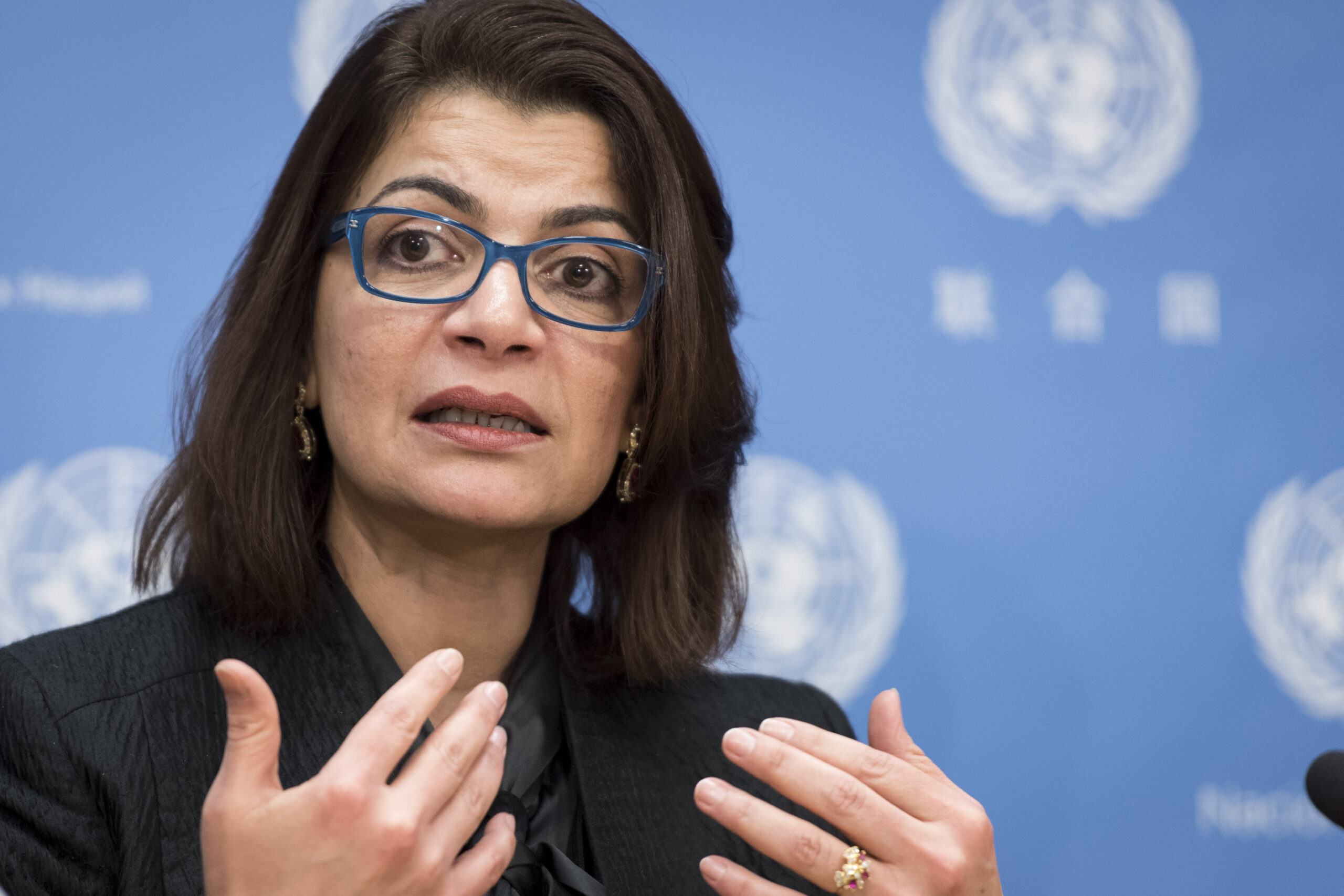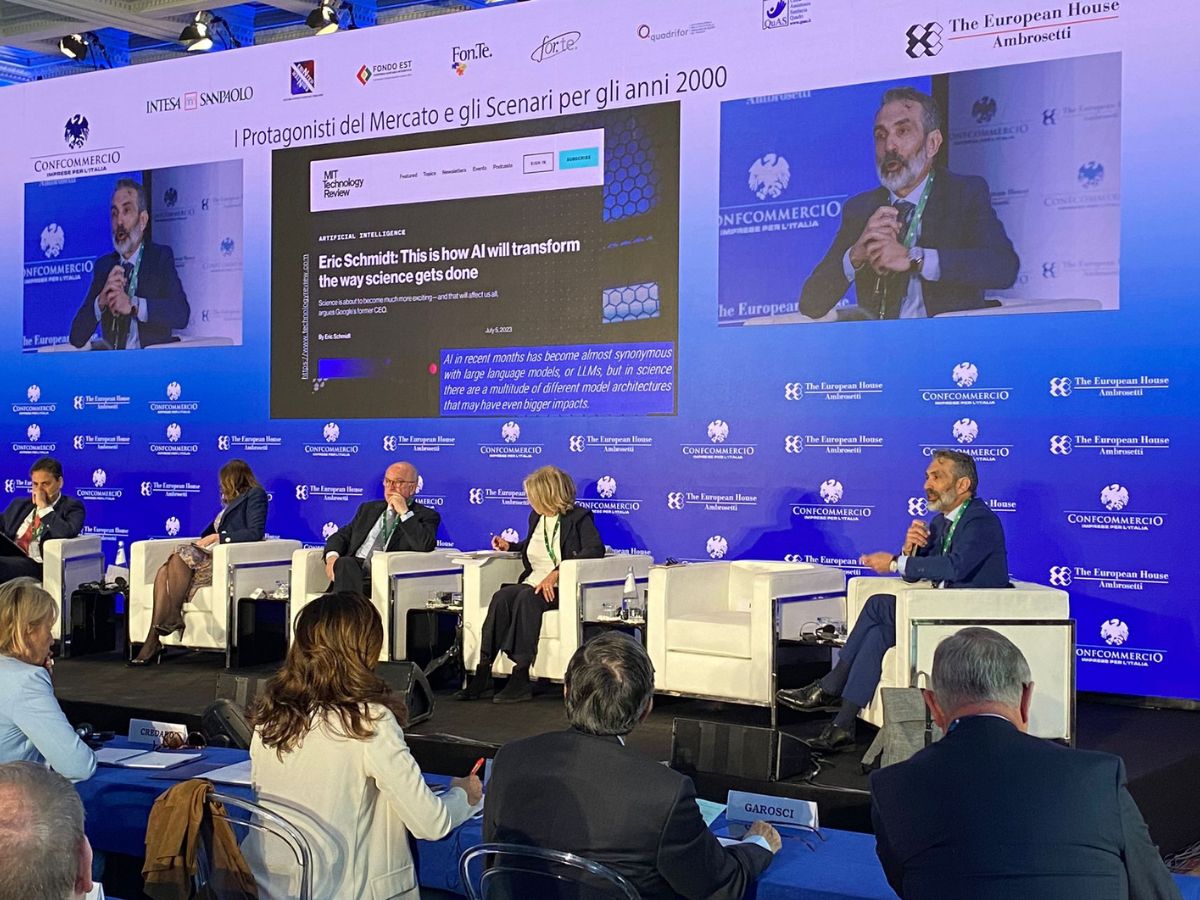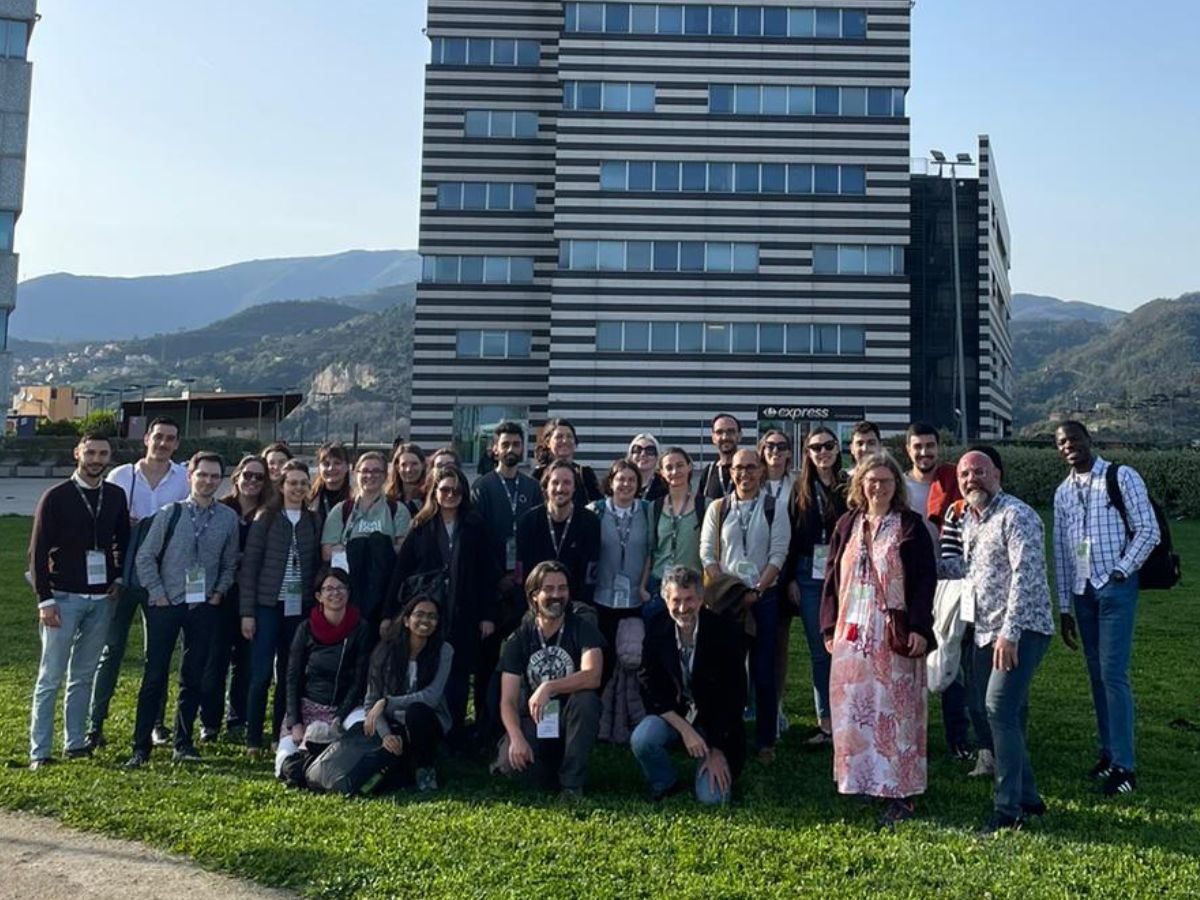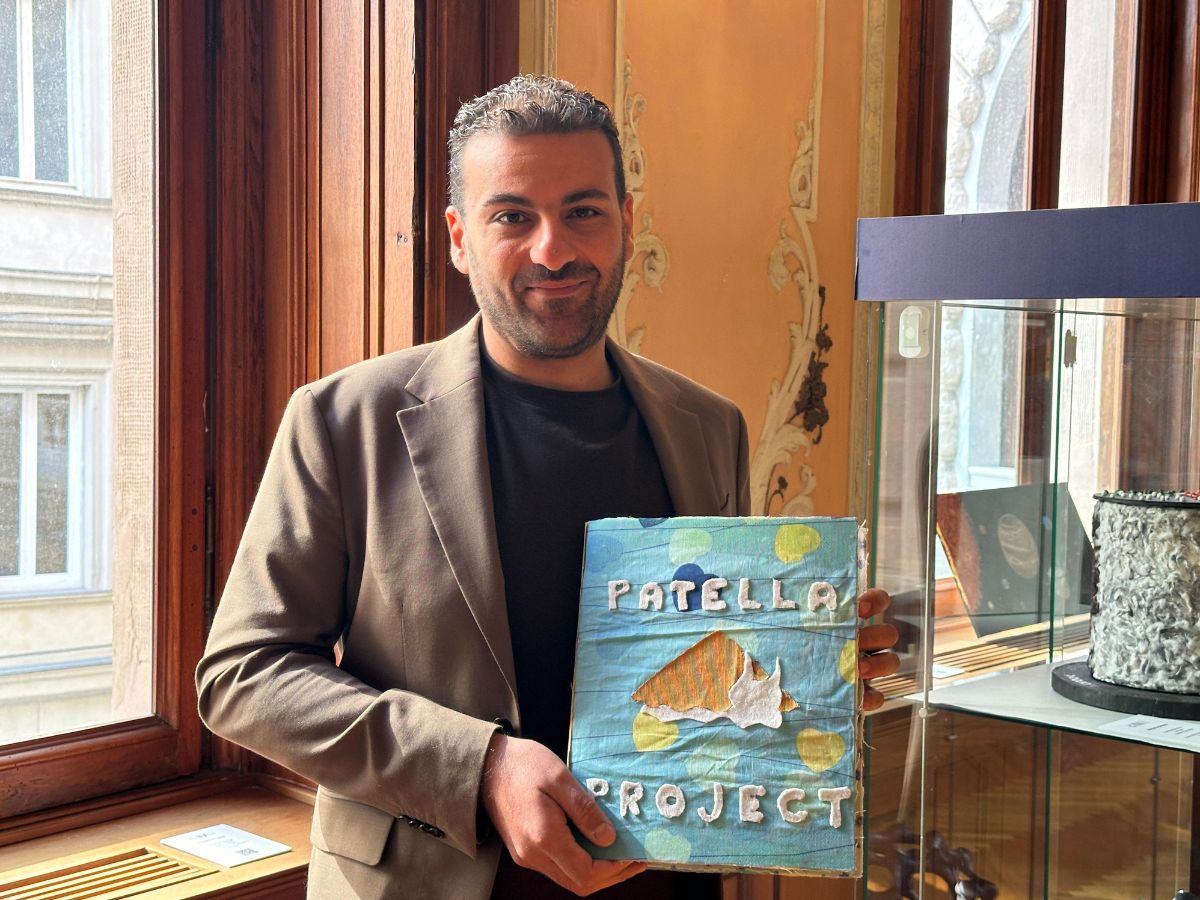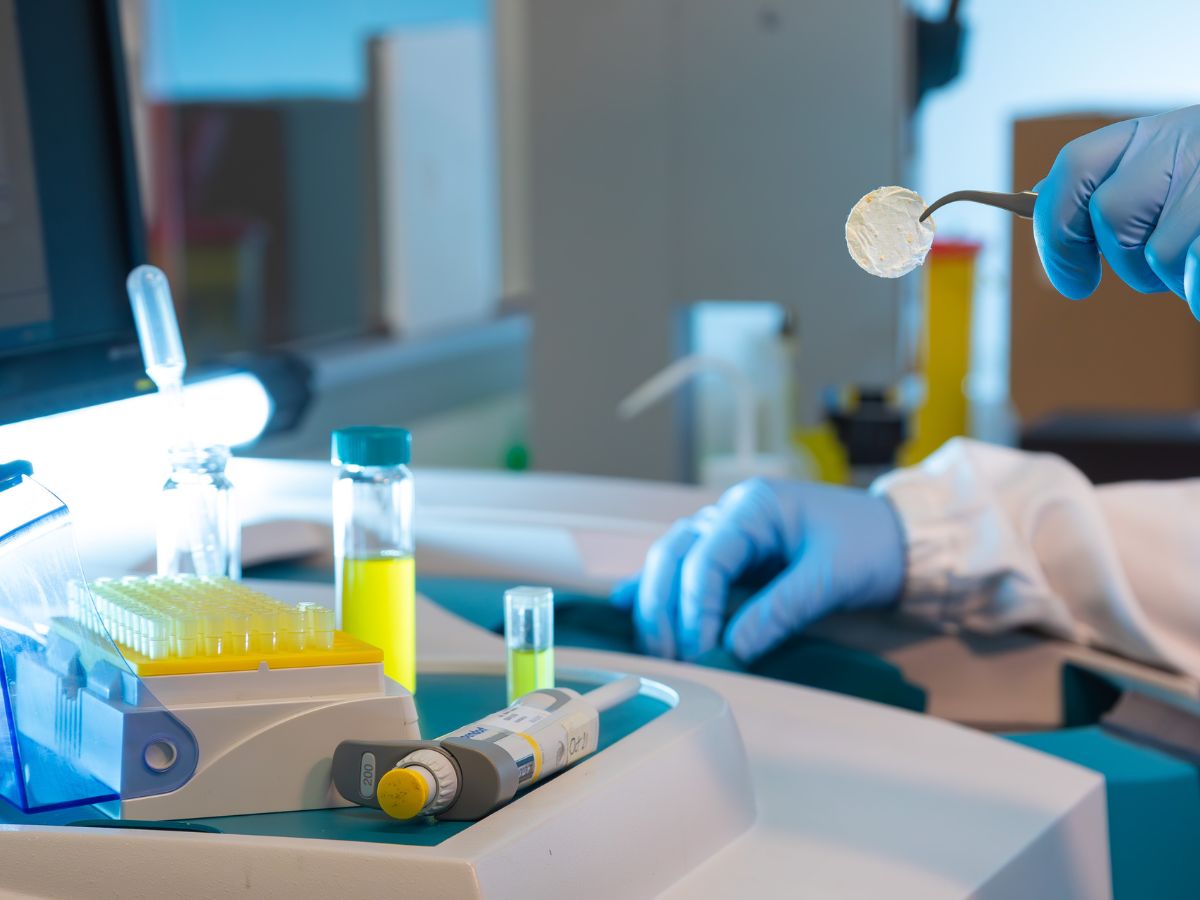Interview to the Founder of The International Day of Women and Girls in Science
As a Royal Princess, you broke the traditional mold and became a highly visible doctor and scientist. Then you became the founder of the International Day of Women and Girls in Science. In implementing one of the points of the Inaugural World Women’s Health and Development Forum Declaration, you wrote a letter on 30 April 2015 to H.E. Mr. Sam Kutesa, President of the 69th Session of the UN General Assembly, requesting on behalf of all participants that he kindly take the necessary steps to declare 11 February the International Day for Women in Science. What was the urgent need that pushed you to declare a day of the year to celebrate girls and women in science? For more than 25 years, the United Nations and its agencies has drawn the attention of the international community to the serious gender gap that affects science, to the point where it has become a priority of many countries and international political institutions to close it. Yet the advancement of women and girls in science has not merely stalled; the gap between men and women in science has indeed begun to widen. The question to ask first is “Why?”: Why the percentage of women in STEM remains under 30%? Why do girls and young women not choose science as a career? Why women are leaving science? Why Women in Science experts are not chosen to: speak at high-level events, join international decision-making bodies, or to deal with policy formulation?Unfortunately, the international community reports on gender inequality in science and education reveal numbers without identifying the factors and solutions. It may be worth pointing out that some reports mention “Women Researchers” while others use the phrase “Women in STEM”. In addition, the reports do not clearly indicate the percentage of women trained in STEM who have established careers in other fields such as diplomacy, politics, or business. Moreover, numerous studies have found that women in the STEM fields publish less, without considering that peer reviewed journals accept publications only from academic researchers and not people working in the private sector or civil society.The data presented in all reports are vitally important, however it often lacks cultural and sociological analyses, and do not provide plans and programmes of action to resolve the inequality in science and technology. In addition, the indirect psychological impact of having the gender inequality in science for many years has contributed to women feeling inferior and not equal, accepting the inequality situation to keep their jobs, and not taking the lead to resolve the issues related to their present situation and future. Therefore, it has become more important than ever to reverse this trend. Recognizing the rightful role of women in science both as change agents and recipients of support in science is vital if we are to achieve the UN 2030 Agenda for Sustainable Development and its 17 Sustainable Development Goals (SDGs) adopted by all countries.Can we afford another 25 years with more reports without doing anything about it? So yes, there is an urgent need: to include women in science in policymaking, to speak for themselves, to be part of every sustainable development process, to be agents for development not recipient only.We are doing it for the girls, so they will have a better future.The International Day of Women and Girls in Science reached this year the fifth edition. Is it more unusual that 6 years ago we did not celebrate this day or that in 2020 we still need this appointment to ask equal rights for the whole scientific female community? Yes, it is unusual that 6 years ago no one celebrated the achievements of women in science. The big fact is that six years ago, the issue of women and girls in science was just a report or reports from International Community indicating the percentage of women in STEM is less than 30%. It was much more about the telling everyone that we have a problem. No report indicated the factors causing the problem, and whether there is a problem.All what we heard that Science is male dominant, and women are less than men. All of these created a kind of psychosocial problem in society: are boys or men the best in STEM? Are Women inferior? Did women in science ask for their rights? Six years ago, women in science were not recognized for their achievements. Now, we celebrate the achievements of women, known and unknown, remembered and forgotten, who have forged the way for those of us in science today, and to give an opportunity for children: girls and boys, to choose role models in science.Look on social media, and all around the world: Women in Science are no longer a small percentage. Women in Science appear in every field and endeavor. Every Community now is celebrating and recognizing the achievements of women in science.Back to your question, after six years the International Community, Governments, and Private sectors start to look at the situation of women in science based on each society; the world now is looking at the need of women in science in every field and everywhere: at the UN, at the EU, in Diplomacy, in Peacekeeping, in Parliament. We are no longer a percentage. Women in Science now are courageous enough to speak about their rights, they no longer feel inferior, they no longer waiting for others to grant them what is their right. Now they speak for themselves. Women in Science now are more than ever involved in sustainable development programs, actually their contribution in agriculture, food and nutrition, energy, business, economy, ecology, and their contributions are recognized and seen.So, do we still need to talk about equality in science? Yes, we are not done yet. We need to talk about equality between North and South; equal rights for disabled women and girls in education and employment; we need to talk about action plans and framework. Most importantly we need to talk about social responsibilities of women in science.Can we generalize the issue of Women in Science or does it change dramatically according to society, cultural habits, economic development and wealth of the Countries? Now I am talking as a woman in science who worked in renowned universities and hospitals. We can not generalize the situation of Women in Science. We need to take it based on the country/region situation. For example, although in many developed countries there are science policies and frameworks, there is inequality in science including gender-pay-gap. In developing countries, however, the situation is different: whereas many countries have equality and parity in science and the Science Policy Framework, there is limited financial support, access to modern science laboratories, and the opportunity to present the scientific achievements in International Conferences. In other Developing countries that have the financial resources, there is a need for science policy and framework. In many countries, for instance, the percentage of females is higher than male graduates from STEM faculties. Why women do not remain in science? Might it be because of policies, salaries, recognition, promotion?The International Day of Women and Girls in Science logo, designed by Bilal Wazir, shows that great women in science, who pave the way for those who come later in every walk of life, will encourage girls to see female role models, in order to find the inspiration to enter into science. How important is women’s empowerment for society nowadays? And is the world of science and research at the forefront on this topic?Women empowerment for society’s development is important not only now, but throughout history. The step was to recognize and remember their achievement. The February 11 is like a wake up call to everyone everywhere at all levels. More than ever scientific and academic institutions, mainly in the West, are now recognizing the role of women scientists and expertise!My father, the late HRH Prince Professor Mohammad bin King Faisal (I) El-Hashemite, Founder President, Royal Academy of Science International Trust, wrote in 1968:“Science is Equality! If our goal is to reform and develop society sustainably, we must first and foremost empower scientific competencies equally.”

